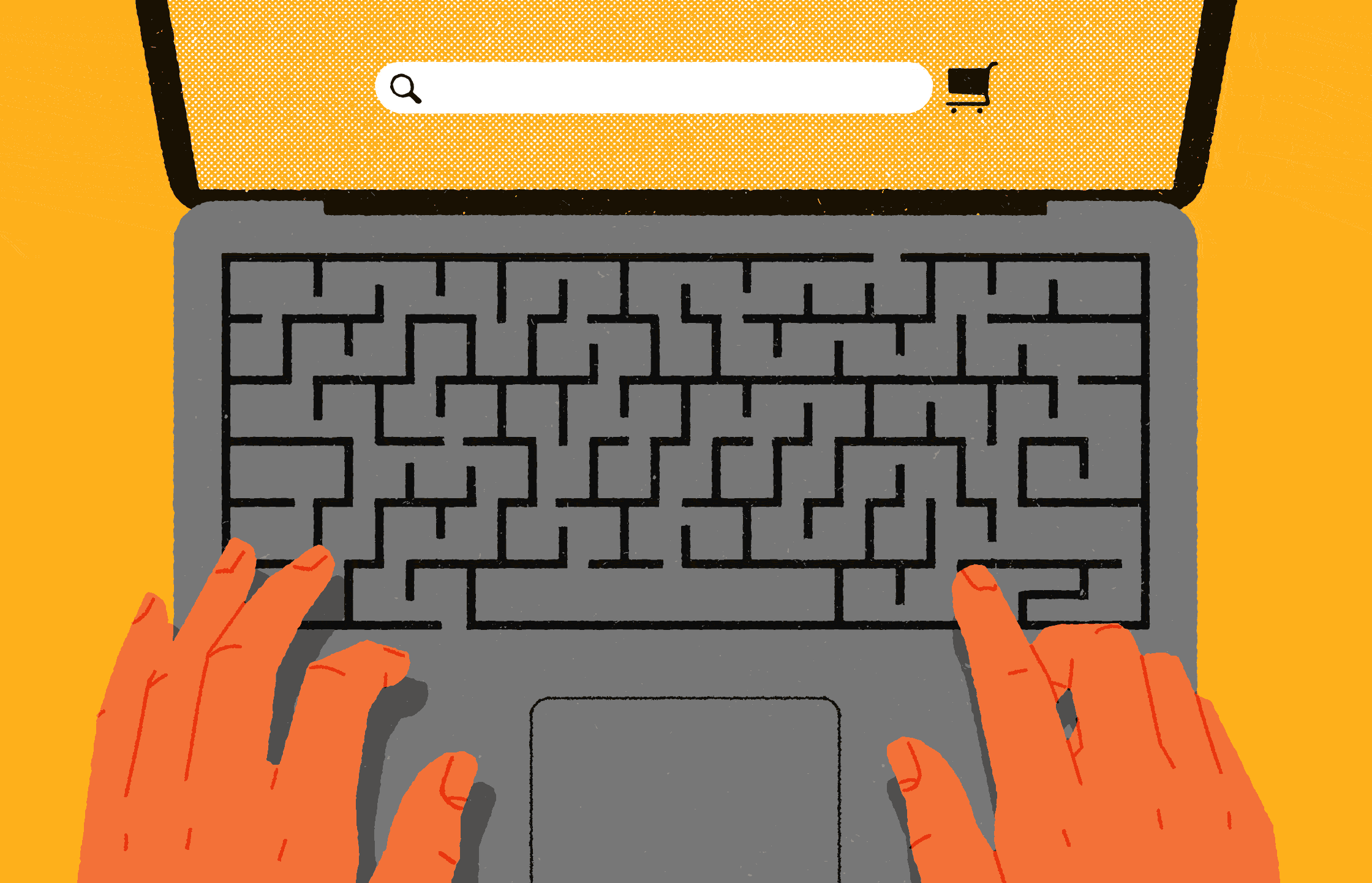Basic Training
A new program gives adults with mild cognitive and mental health issues the skills to perform routine tasks
By Josh Baxt
Illustration by Matt Harrison Clough

F
or people who are aging or who are experiencing cognitive decline, mental health issues or other concerns, the digital world can be a challenge. Tasks many people take for granted, like shopping online, ordering meal delivery, getting money from an ATM or buying a mass transit card, can stretch their technical skills.
To help people better manage technology and to improve their cognitive function, the Miller School’s Department of Psychiatry and Behavioral Sciences has established the Brain Health and Fitness Program, which augments patient care with computerized cognitive and functional skills training.
“There are many people who have trouble learning new technologies, and we want to help them get a better handle on that,” said Philip Harvey, Ph.D., Leonard M. Miller Professor of Psychiatry and Behavioral Sciences, vice chair for research, chief of the Division of Psychology and director of the program. “Increasing cognitive performance makes it a lot easier to learn new skills, regardless of people’s current situation.”
Designed to last three to six months, this fee-for-service program begins with a one-on-one consultation with Dr. Harvey. He assesses each patient’s condition, any psychiatric services they are receiving and any drugs they have been prescribed. From there, a customized program is developed.
Patients do their task training using cloud-based software called Functional Skills Assessment and Training, or FUNSAT. They can also learn medication organization and adherence, a crucial task for patients receiving integrated pharmacological augmentation and brain fitness training. Patients train for around two hours a week, for at least 15 minutes per session. The program staff monitors their progress online and sends encouraging messages if necessary.
“We have found that two-thirds of the people doing the training make tremendous progress,” Dr. Harvey said. “It gives them confidence to go out and actually do these activities.” ![]()


